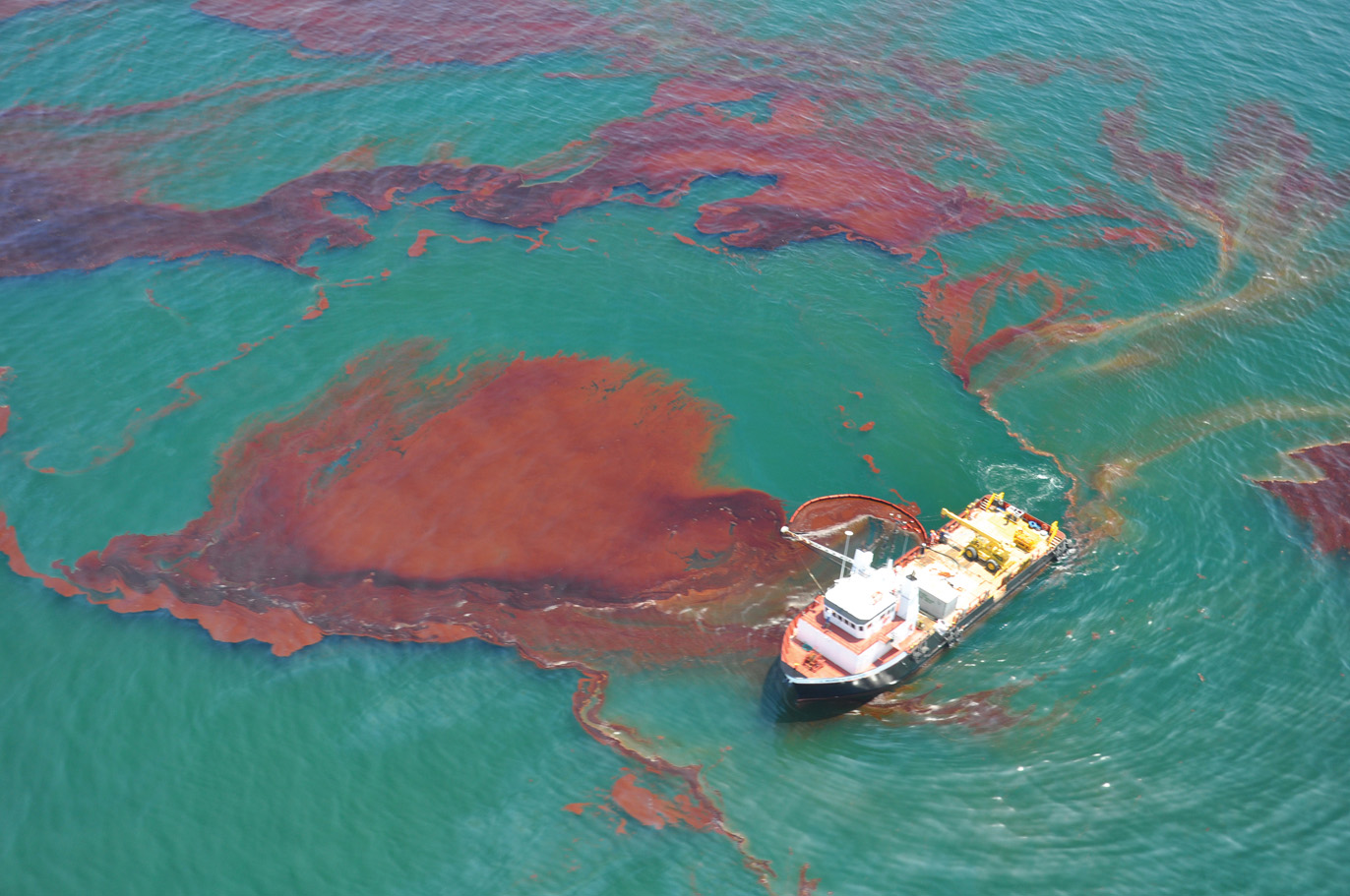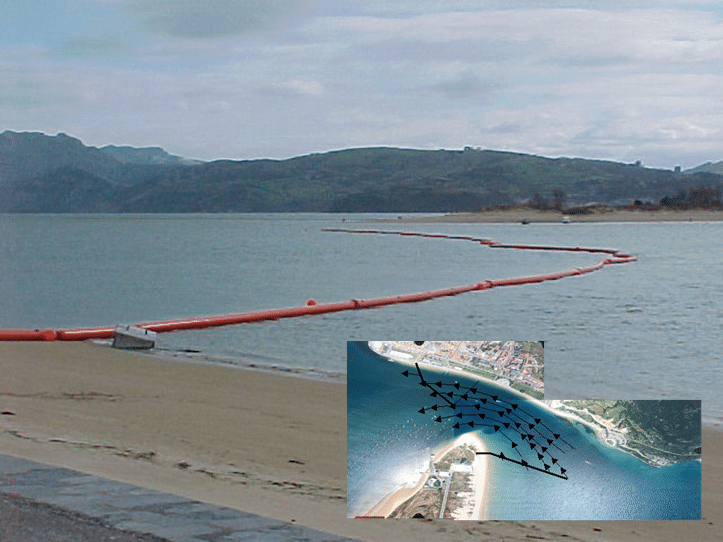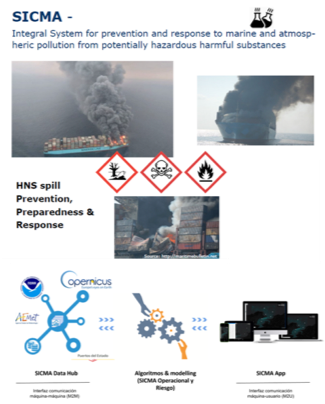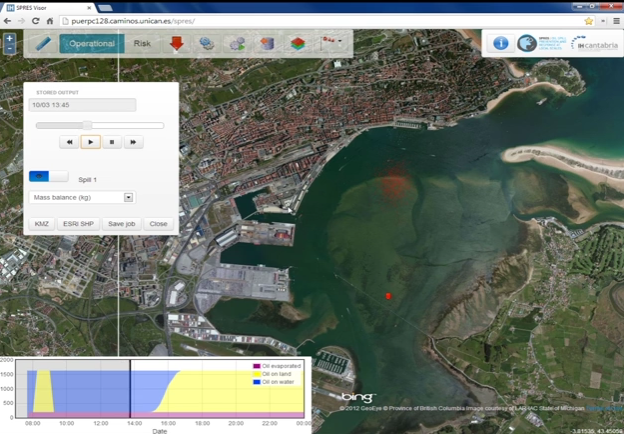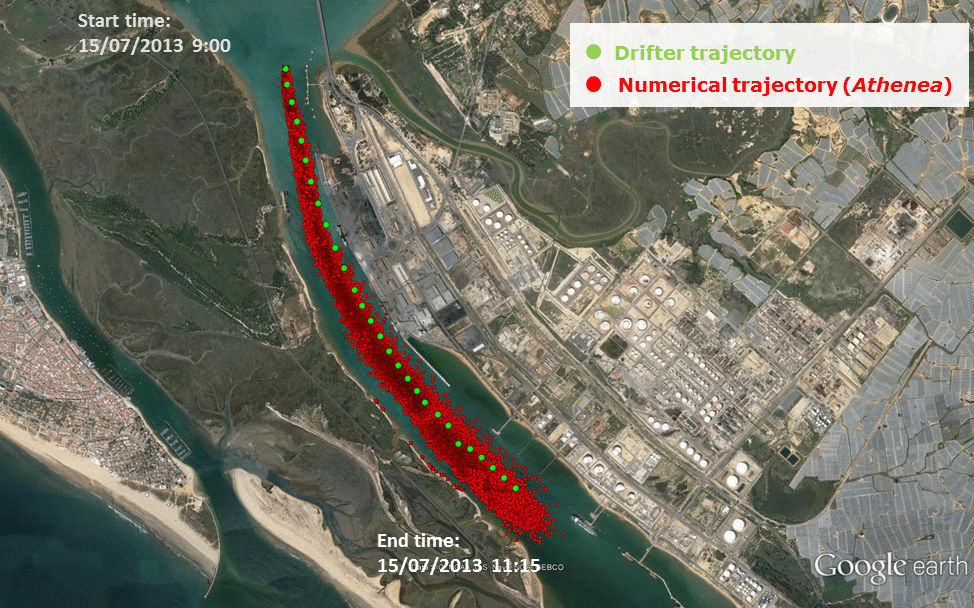
Preparation and response to accidental spills
Pollution from accidental spills is a problem that seriously affects the coastline and the marine environment. In order to respond quickly and successfully to such an accident, it is necessary for those involved in pollution response to have the tools, data and knowledge of the environment to enable an appropriate response in each situation.
At IHCantabria we have been working for more than two decades in the development of methodologies and tools to be used in all aspects of planning and response to accidental spills, providing solutions to improve coastal protection and reduce impacts and responding to the needs of private companies, foundations and public entities.
Our continuous research and development in this field ensures scientifically robust solutions based on innovative and pioneering methodologies.
AREAS OF EXPERTISE
Numerical modeling of spills
Accidental spills (oil, chemical or other type of floating substance) anywhere in the world.
2D and 3D modeling; prediction and identification of origin (backtracking), stochastic simulations.
Modeling in the open sea, coastal areas, estuaries, bays, ports and rivers.
Evaluation of the risk of oil and chemical spills
For planning, we develop risk assessment methodologies at both the regional (offshore) and local (ports, bays and estuaries) levels anywhere in the world. Quantification of the danger or probability of pollution, of the vulnerability or ability of the environment and the coast to cope, resist and recover from the resulting impact.
Evaluation of the risk or expected losses in the coastal and marine areas as a result of an accidental spill.
Operational spill prediction systems
For the response, we develop operational systems that provide, in real time:
Predictions of oceanographic and meteorological variables.
Predictions of the transport, dispersion and degradation of the slick to assist with the response and control the pollution.
Backtracking the trajectory to identify the source of the spill and potentially responsible parties. Our developments feature ad-hoc applications for the client (GIS, Web or desktop).
Operational systems in maritime terminals
IHCantabria develops operational systems to aid in loading/unloading operations in maritime terminals. This system provides, in real-time, safety levels during loading and unloading operations and recommends measures to take to reduce the risk of spills and increase the safety of operations.
Oil and gas exploration and production
Risk assessment studies for the exploration and production activities of the oil sector, for both accidental spills (deep explosions or surface spills) and operational discharges of sludge, waste and production waters.
Generation of databases of met-ocean variables that provide extensive spatial (world level) and temporal coverage (20-60 years).
Innovative selection and classification techniques.
Near- and far-field analysis.
Stochastic and deterministic modeling.
Evaluation of the environmental consequences.
Design of contingency plans, simulations and use of barriers
IHCantabria provides assistance in preparing contingency plans based on current legislation and regulations, in designing and carrying out anti-pollution drills and in using anti-pollution barriers and testing their physical resistance.
PARTNERSHIPS
IHCantabria maintains a close relationship at national and international level with companies in the sector, public administrations, foundations and research centres, with which it has carried out numerous projects within the framework of national and European competitive calls for proposals and has established several collaborations with companies in the sector to generate products and services with high added value.
IHCantabria is also an active member of national and European technology platforms for coastal protection and accidental oil and chemical spill preparedness, response and mitigation.
SIGNIFICANT PROJECTS
SICMA
System for the prevention and response to marine and atmospheric pollution derived from spills of chemical substances in the maritime and port environment, made up of the following subsystems.
Learn More
SPRES
Prevention and response to oil spills on a local scale (bays, ports and estuaries) by developing tools that integrate: High-resolution operational systems, Risk assessment systems and response plans based on the risk assessment carried out.
Learn More
ATHENEA
Development of a comprehensive system to prevent and manage oil spills in a marine environment.
The system is currently implemented at CEPSA facilities, namely the refineries of Gibraltar-San Roque (Algeciras), La Rábida (Huelva) and Tenerife (Canary Islands).
Learn More
PLVMA3D
Statistical modeling in the medium and long term of oil spills in offshore installations. Explosions (blowout), deep and/or surface spills, in order to improve prevention systems and plan the response to oil pollution caused by activities at offshore installations.
Learn More
SOFTWARE AND TOOLS
TESEO
TESEO is a 3D, state-of-knowledge, numerical model to simulate the transport and degradation of hydrocarbons, as well as the drift of floating objects and people in marine environments, on both regional (offshore) and local (ports, bays and estuaries) scales. It consists of a transport module and a hydrocarbon weathering module, coupled to a near-field model to simulate deep explosions (blowouts).
Learn More
ATHENEA
Athenea is a system for preventing and managing pollution during loading/unloading operations and when handling hydrocarbons in maritime and port environments. It was developed by the oil company CEPSA (Compañía Española de Petróleos, S.A.U.) and IHCantabria as part of the INNPACTO 2012 tender (Ministry of Economy and Competitiveness).
Learn More
LET’S TALK
Would you like to know how we can help you?
Send me a message and I will get back to you as soon as possible
LET’S TALK
Would you like to know how we can help you?
Send me a message and I will get back to you as soon as possible

ANA JULIA ABASCAL
Researcher || Expert in Spills
We advise you that your personal data will be processed by FUNDACIÓN INSTITUTO HIDRÁULICA AMBIENTAL DE CANTABRIA, in order to manage your request and maintain professional and commercial relations with you. Your data will not be transferred to third parties. This data treatment is necessary to attend your request. Your data will be kept until you unsubscribe from the service and/or after a reasonable time has passed since we attended to your request. You can exercise your rights of access, rectification, cancellation, opposition, portability and limitation of the processing of your data by contacting the FUNDACIÓN INSTITUTO HIDRÁULICA AMBIENTAL DE CANTABRIA, PCTCAN C/ISABEL TORRES, 15, 39011 SANTANDER (CANTABRIA), or rgpdihcantabria@unican.es with a copy of your ID card duly accrediting your identity. In any situation, you have the right to file a complaint with the Spanish Data Protection Agency (AEPD)
